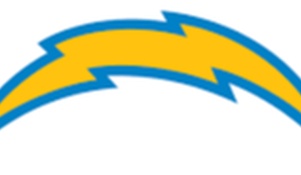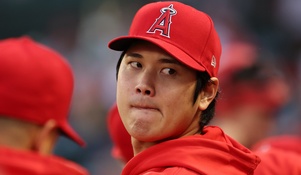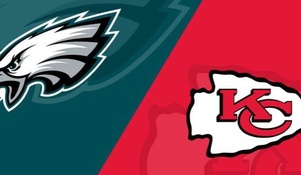Why NBA Players Earn More Money Than NFL Players
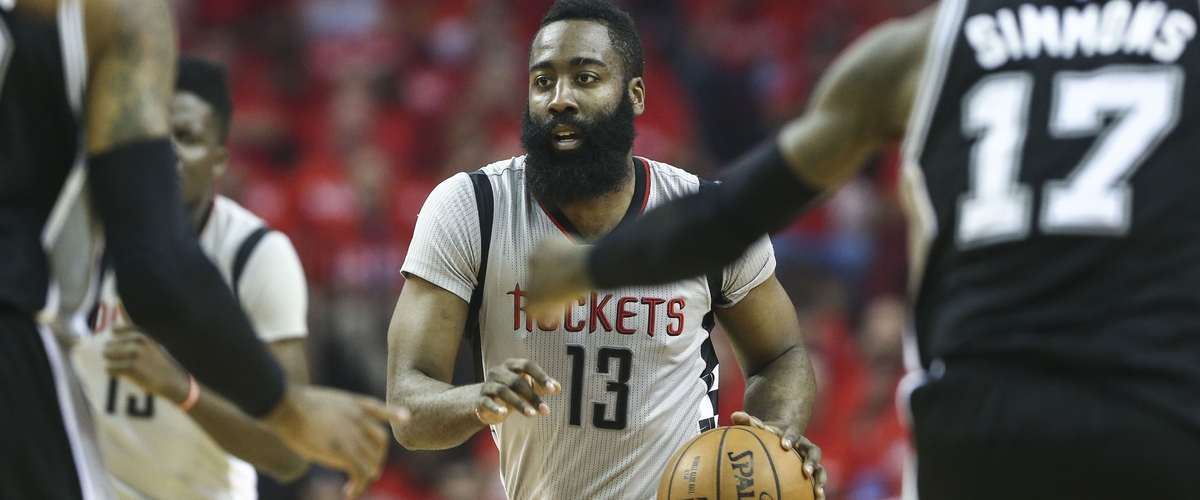
On July 1st, it was reported that Steph Curry agreed to a supermax deal with the Golden State Warriors for a five year $201 million extension for what was then the richest contract in NBA history. A week later, the largest contract in NBA history went to James Harden after he and the Houston Rockets agreed to a four year $228 million extension.
Often times during this period of NBA free agency, we see NFL players react to these lucrative deals that are being signed year after year. Terrance Knighton, now retired, was the most vocal in sounding off.
Knighton isn't entirely wrong. The NBA has thrown max contracts at just about anyone who isn't a superstar or even a star for that matter. There is no way you can justify Chandler Parsons getting a max contract or Tristan Thompson getting a damn near max contract.
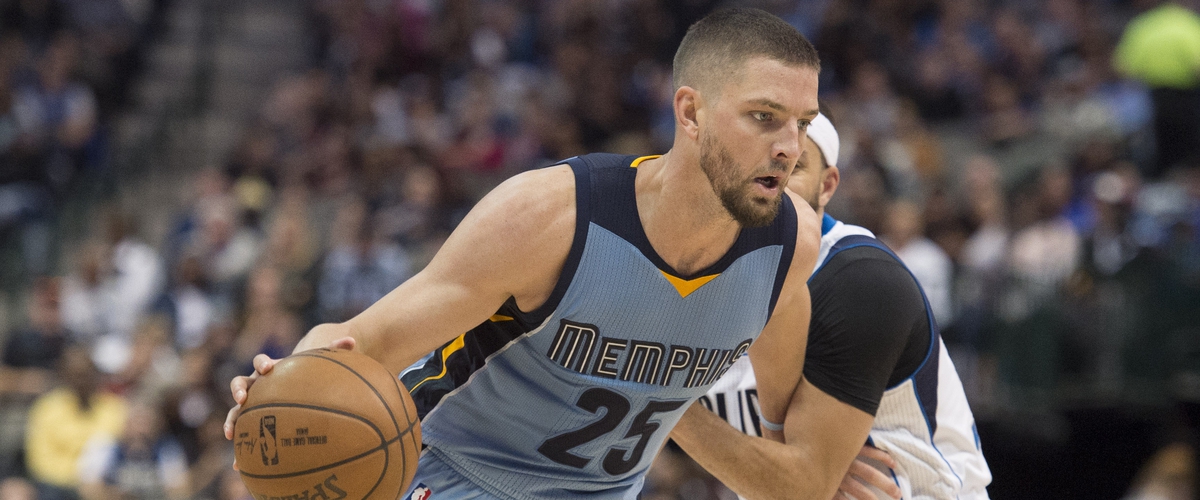
While I can certainly see the argument from the NFL players' side, especially considering that they put themselves at far greater physical risk in their sport compared to NBA players (and athletes from all other sports for that matter), the odds of NFL player contracts across the board reaching anything close to NBA salaries are highly unlikely.
Yes, NBA rosters are only composed of 15 players opposed to 53 in the NFL and yes, the NBA players play 82 regular season games compared to the 16 in football but there's more to it than that.
Supply and Demand
The demand for all professional sports organizations is to have the best players possible at each position in order to accomplish the ultimate goal of winning. The supply on the other hand is what changes (mostly) everything.
Here’s the harsh truth about the NFL and why it plays a major role in the contract disparity compared to the NBA.
In the NFL, in the owners’ eyes, players are easily replaceable. Outside of quarterbacks, offensive linemen and cornerbacks, players come a dime a dozen. In fact, the NFL’s talent pool is so deep that it’s not uncommon for late round draft picks and undrafted free agents to emerge into All-Pro, Pro Bowl and/or Hall of Fame caliber players.
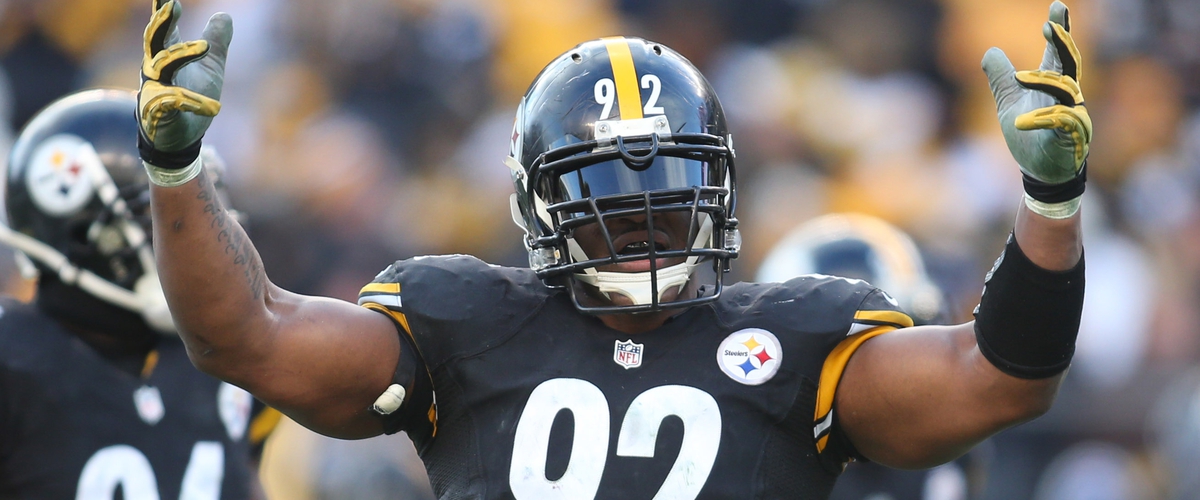
James Harrison is a two time first team All-Pro member with five Pro Bowl Selections, two NFL Top 100 selections (#21 in 2011 & #29 in 2012), and was the 2008 NFL AP Defensive Player of the Year award winner. Harrison has a legit shot of ending up in Canton. He went undrafted in 2002.
The great Shannon Sharpe, who is now the cohost of FS1’s Undisputed with Skip Bayless, was drafted in the seventh round in 1990. He went on to earn eight Pro Bowl Selections, was selected as a First Team All-Pro player four times. Not only is Sharpe in the Hall of Fame, he was also selected for the Pro Football Hall of Fame and the Pro Football Reference 1st team All-1990s Team.
After working as a security guard, Chris Matthews went from being signed to the Seattle Seahawks practice squad to being activated to the 53 man roster to being the leading receiver for Seattle in Super Bowl 49 (4 catches for 109 yards and one TD) all in a span of three months.
If need be, owners can cut training camp holdouts seeking a better contract and replace them with another player training at their hometown college facility with the hopes of just getting an opportunity to prove their worth in the league for pennies (by NFL standards).
Meanwhile, compare that to the NBA where certainly there have been notable players (along with a few stars) to come out of the second round in the league’s history, however, it's an extremely rare occurrence especially when compared to football. The 95 plus percentile of superstar talent is found in the first round.
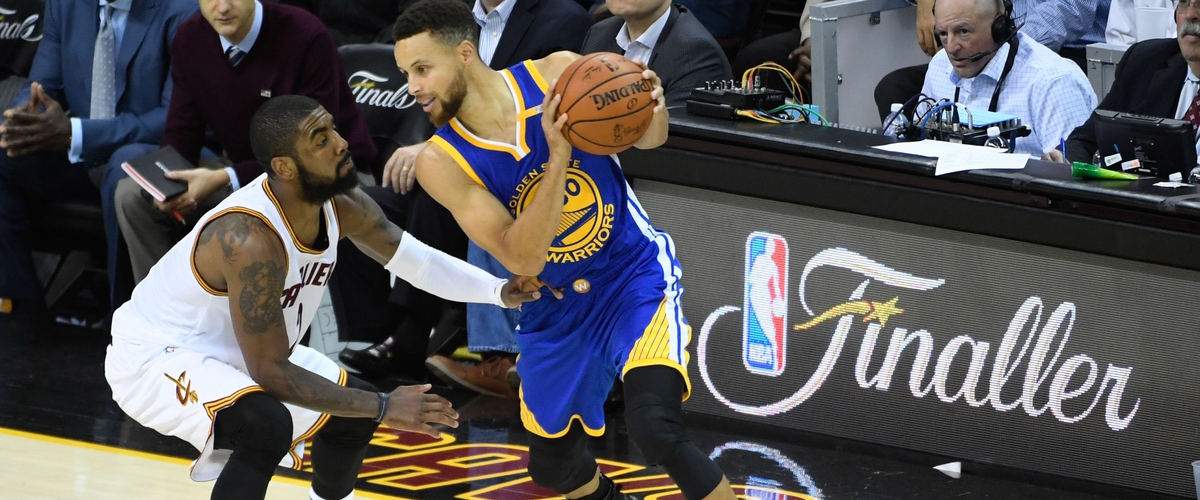
You can find quality/competent NFL players much easier compared to NBA players. If James Harden (arguably the best at his position) were to suddenly retire, Houston goes from a sure-fire third seed to maybe a 5th or 6th seed, only because they also have Chris Paul. Take away Harden from last year’s Rockets squad and they miss the playoffs. James Harden is irreplaceable to the success of the Houston Rockets.
Staying in Houston, if J.J. Watt or even Deandre Hopkins (both also among the best at their positions) were to retire or play elsewhere, the Texans would still be a threat to the Indianapolis Colts for the AFC South division crown. The fact is you can find receivers and decent edge rushers either from the CFL (i.e. Cameron Wake) or even the practice squad for a fraction of the cost compared to their star counterparts. Jamie Collins reportedly turned down an $11 million/year offer from the New England Patriots. Rather than go above their set price for what they valued Collins at, the Patriots simply traded him to the Cleveland Browns for a compensatory third round pick. Losing Collins, an incredible linebacker in exchange for a third round pick wasn't a big deal to the Patriots as they ended up winning the Super Bowl anyway without him. As great as Collins is, he was replaceable and did not impact the success of the Patriots.
That's not to say that the NFL isn't willing to throw large amounts of money to players like the NBA's Milwaukee Bucks did in signing Matthew Dellavedova to a $10 million/year contract. Take a look at the quarterback position in the NFL. Starting quarterbacks (after their rookie deals) make the closest amount of money comparable to NBA salaries because the position is the toughest to fill in football. Plus without a quarterback, you have absolutely no shot of accomplishing anything no matter how great the other roster spots look. Unlike the other positions, you can't just find a quarterback off the street. Because the supply of competent quarterbacks is so low, the price of even average quarterbacks go up. Ryan Tannehill is an average at best quarterback. He's scheduled to make $18 million this year.
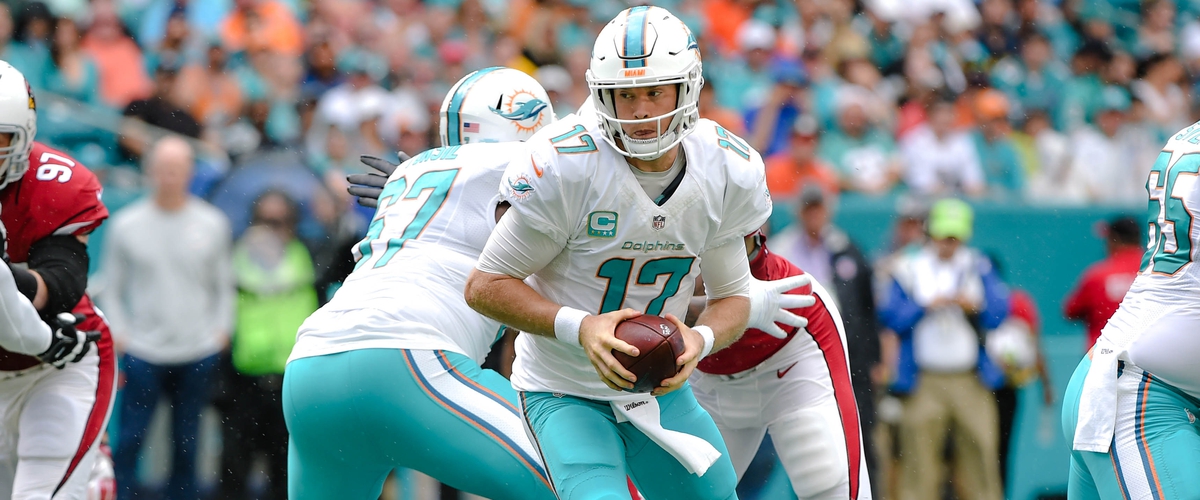
Popularity Effect
If your favorite NFL player retires tomorrow, as Heath Ledger’s Joker said in the Dark Knight, no one bats an eye. The NFL is not dependent on its players to maintain its popularity. The NFL ratings certainly took a dip in ratings last year which can be attributed to many causes: The presidential campaigns/debates; the presidential election itself; all the while looking for better things to do than watch the 9ers host the LA Rams as part of the opening Monday night double header in week one last season, but certainly not because people were upset that Peyton Manning retired.
I’d also make the argument that the NFL may continue to lose ratings due to what Mark Cuban projected back in 2014 in that “the NFL is 10 years away from an implosion,” Cuban said via Tim McMahon of ESPN Dallas. Cuban was referring to the NFL’s expanded television package which according to Cuban would lead to over-saturation.
The NBA, however, has a direct correlation to its star players and television ratings. Michael Jordan first retired after winning the third of three straight championships in 1993 with an average of a 17.9 rating during the ‘93 NBA finals. The next two NBA finals during Jordan’s absence the tv ratings averaged a 12.4 in ’94 and a 13.9 in ’95. When Jordan returned for the 1996 season, he went on to win another three straight NBA titles. The result for those NBA finals was an average tv rating of a 16.7 in ’96, 16.8 in ’97 and an 18.7 in ’98. Jordan retired again after the second three-peat and the NBA suffered in the 1999 finals with an average rating of an 11.3.
These recent NBA finals of Warriors vs. Cavs part 3 were the most watched since Jordan’s final title run in the ’98 Finals because of the star power of Kevin Durant, LeBron James, Steph Curry, Kyrie Irving, etc. If the finals were, let's say the Washington Wizards versus the San Antonio Spurs the ratings would've been nowhere close. The Super Bowl on the other hand is different as we the public view it as an event where it doesn't matter what teams play, we'll be watching.
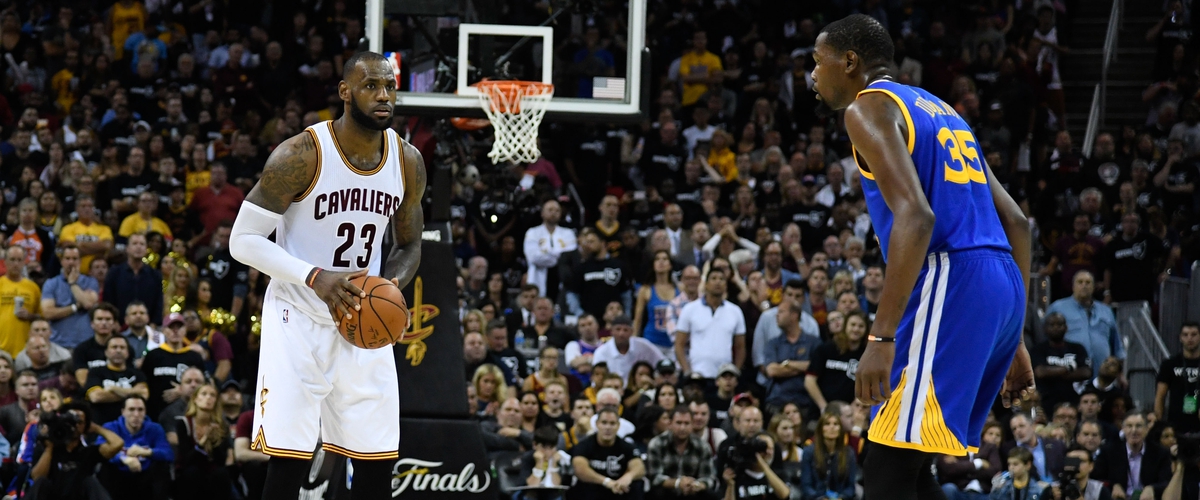
Remember the 2006 Super Bowl between the Steelers and Seahawks? That game had zero star power. The quarterback dual was between game manager (at the time) Ben Roethlisberger and Matt Hasselbeck. It was one of the worst Super Bowl games that I can remember. That Super Bowl had a 5% increase in tv audience compared to the prior, more star driven, Super Bowl between the Patriots (with Tom Brady) and the Eagles (with Donovan McNabb and Terrell Owens).
"The Super Bowl obviously is a national event and people are going to tune in regardless of whether the teams have national appeal," Research Executive of ABC Larry Hyams said after the 2006 Super Bowl. "It's up to the game to hold the audience."
The Bottom Line: The reason NBA Players are paid more than their NFL counterparts is because the supply of quality basketball players are slim compared to the supply of quality football players. Basketball players are also more valuable to the success of their sport than football players are to theirs. After all, there's a reason that the NBA is categorized as "A Player's League."
For more sports content, check out my video podcast on YouTube and audio pod on iTunes.


